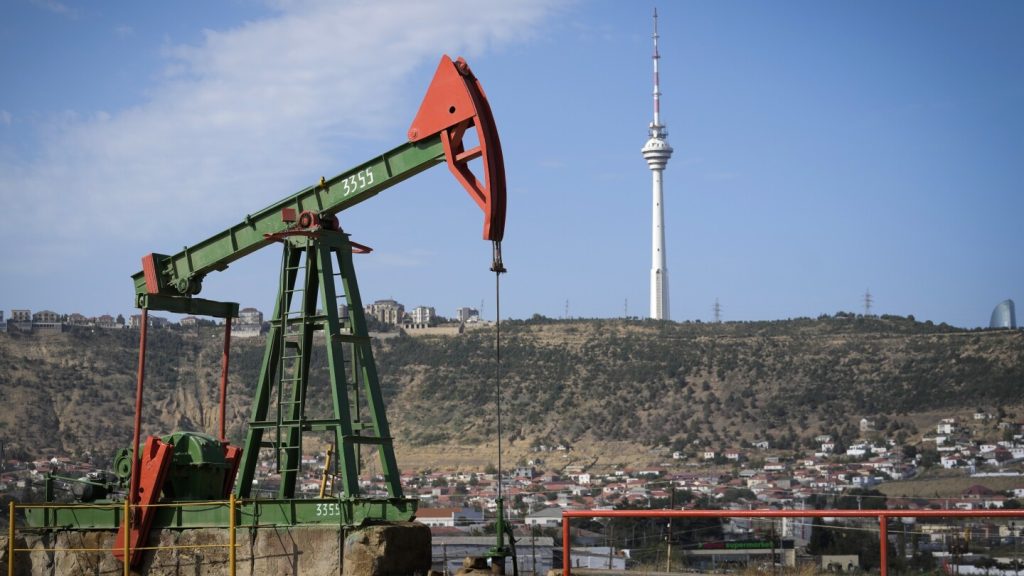Azerbaijan is in the spotlight as it hosts the U.N.’s largest climate conference, COP29, in the capital city of Baku. The country, known for its historical ties to the oil industry, is situated between Iran and Russia on the Caspian Sea and relies heavily on oil and gas exports. President Ilham Aliyev, an authoritarian leader, has expressed his country’s commitment to renewable energy while still emphasizing the importance of fossil fuels for development, describing them as a “gift of the gods.”
In preparation for the conference, Azerbaijan is making efforts to showcase its green energy initiatives, including projects in hydropower, solar, and wind energy. The country’s environment minister, Mukhtar Babayev, aims to position Azerbaijan as a leader in renewable energy despite its heavy reliance on fossil fuels. However, some critics argue that Azerbaijan’s commitments to green energy are merely a form of greenwashing and do not accurately reflect the country’s actions to combat climate change.
Azerbaijan’s environmental monitoring practices have been criticized, with concerns raised about civil society crackdowns and lack of accountability for pollution from the oil and gas industry. The country has faced scrutiny for increasing gas flaring at oil and gas facilities, contributing to global warming and health issues for residents living near these sites. Despite commitments under the Paris climate agreement, Azerbaijan’s climate action plans have been rated as insufficient by climate scientists, calling into question the country’s dedication to combating climate change.
In the midst of geopolitical shifts and increasing demand for natural gas in Europe, Azerbaijan plays a key role as a major gas producer with plans to expand fossil fuel production in the coming years. The country’s position as a supplier of natural gas to Europe has become more significant following disruptions in gas supplies from Russia. Azerbaijan’s hosting of COP29 highlights the complex relationship between fossil fuel production and the global push for renewable energy, raising questions about the country’s willingness to lead in the transition to green energy.
As the international community gathers in Baku for COP29, the focus is on whether Azerbaijan, a nation historically linked to the oil industry, is truly committed to the transition to renewable energy. The conference will shed light on Azerbaijan’s efforts to balance its reliance on fossil fuels with the growing global demand for sustainable energy solutions. With concerns about greenwashing and inadequate climate action plans, the discussions at COP29 will test Azerbaijan’s ability to navigate the challenges of climate change while maintaining its position as a significant player in the energy sector.


